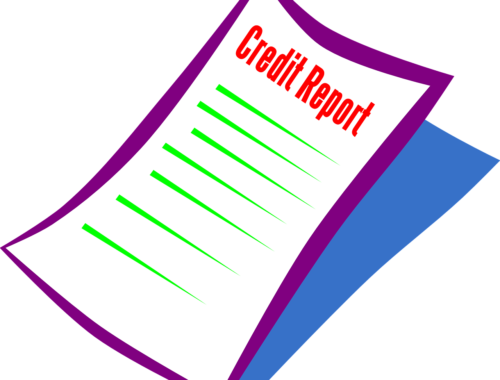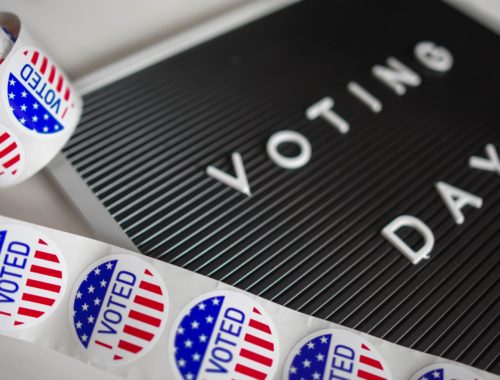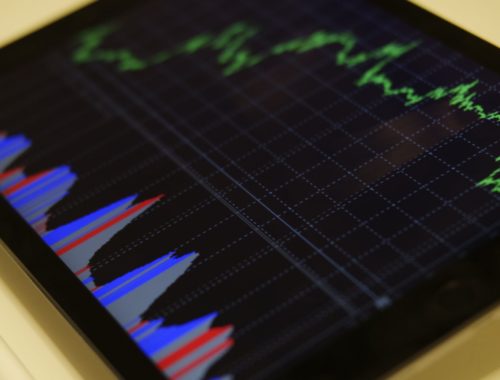
2021 Financial Check-Up
2020 is finally over – good riddance! Although most of us stayed incredibly busy at work, it was an incredibly stressful year. Plans were upended, travel came to a stop, visiting friends and family became verboten. Not to mention the millions sick, and far too many deaths. For me, one of the most difficult parts of work became “curb-side.” Although a necessity to protect the clinic, the inability to make a personal connection with clients made my job so much less rewarding. This also seemed to be the year of the “angry client.” Maybe some of that was due to the lack of veterinarian / client connection. Maybe we are just less civil after a year of endless lockdowns.
With 2021 finally here we are about to turn a corner. If vaccines are administered anywhere near as efficiently as they were developed, all this could be a bad memory by New Year’s eve. Although won’t be traveling or visiting family anytime soon, there is a light at the end of the tunnel. In the meantime, this is a perfect time for a financial check-up.
Mark’s 2021 Financial Check-Up:
- Emergency fund
- Home expense savings account
- Disability insurance
- Retirement funds
- Net worth
It seems like a lot – but we will break this financial check-up into bite sized morsels. Today we are taking on emergency funds and home expense savings account. Next, we will look at disability insurance a and retirement funds. Lastly, we will tackle probably the most important new year’s topic – how’s our net worth doing?
Emergency fund
How’s your emergency fund going? An emergency fund is for big catastrophic events. For example, what would happen if you suddenly found yourself out of work? – how long could you pay your bills? Most veterinarians could find work pretty quickly, just take a look at the number of relief shifts avalibale in the Phoenix area. But why do you have an unexpected medical issue? What if your car suddenly died? What if there was an economic downturn and jobs weren’t so easy to find – think 2010?
Experts recommend that everyone should have saved at least enough to pay for 3 months of essential expenses. By essential we are taking about bare basics – rent / mortgage, student loans, car payment, insurance, minimum credit card payments, utilities, etc. How much would you need to get by if your income suddenly dropped to zero. This should be in cash, in a bank, not in our IRA, not in stocks, not even in CDs. In a savings account. And don’t touch it. Ever. Not even for that trip to Bora Bora.
If you have saved enough to cover 3 months of essential expenses, congrats! If not, this is the time to start. Let’s say for a moment that your essential bills total $3,000 a month, you would need to have $9,000 in the bank. How can you possibly save enough? The answer is: a little at a time. If you save just $43 a week for 48 months you will have a robust emergency account.
Home expense savings account
If you own a home, you need a home expense savings account. This is not money saved for updating a kitchen or sprucing up a bathroom, this is for repairs. Water heaters die, dishwashers break, and air conditioners need to be replaced. Even if they don’t, something will need to be repainted. How much do you need to save? Believe it or not, studies show that you should be saving 1% – 3% of the value of a home each year. So, if you have a $300,000 home, you should be putting away $250 to $750 a month!
Sounds like a lot? I recently purchased an 8-year-old home. In the first year, I spent $6k on repairs above and beyond any known issues. So how was year 2? Worse. Much worse. Both A/C units need to be replaced. So, the third year must have been the charm! Nope, it’s time to repaint the outside and fix the stucco. The fact is that a home costs a whole lot more than just a monthly mortgage payment. Not anticipating regular expenses and saving for them is how folks get into trouble quick!
So the question often comes up, what if we have been saving 2% a month on our $300,000 home and we didn’t spend it all? Take the money left over at the end of the year and save it. At some point, you will need it.
With 2020 behind us and 2021 just beginning, its time to for a financial check-up. Join us for this journey.





One Comment
Pingback: